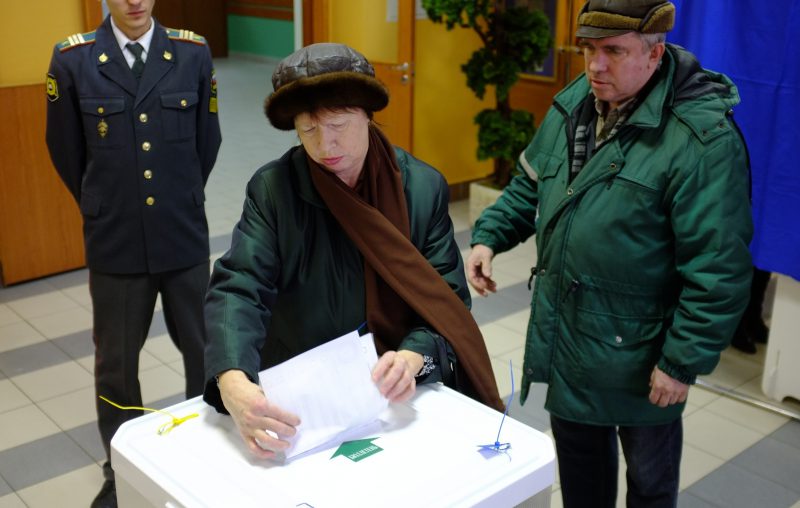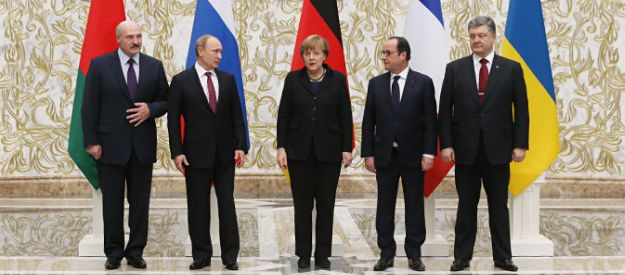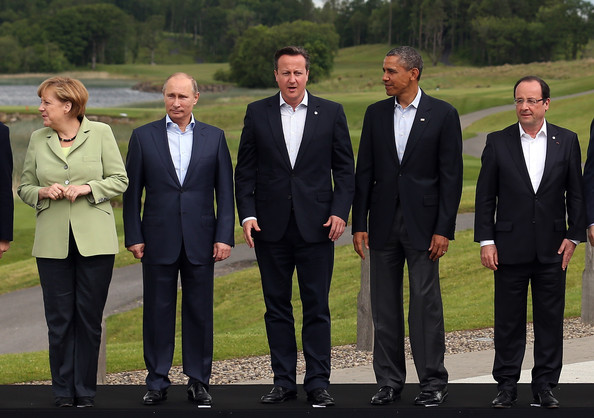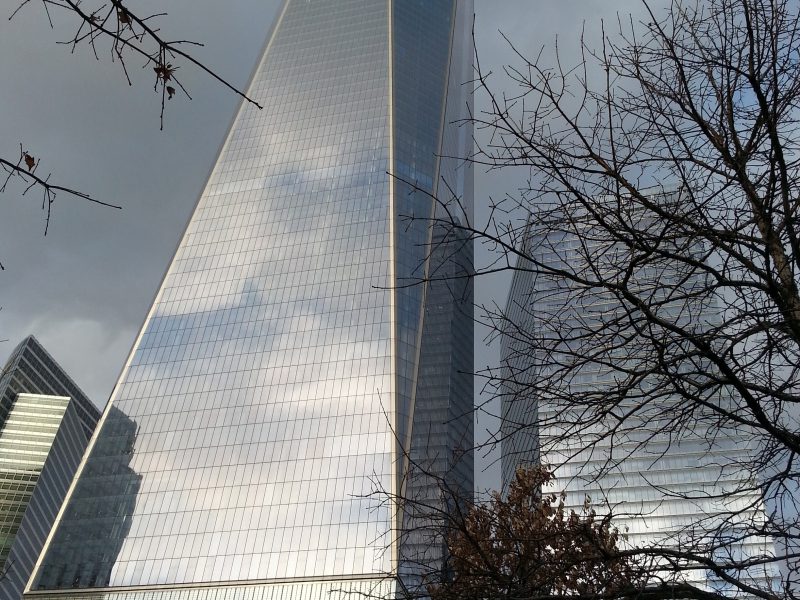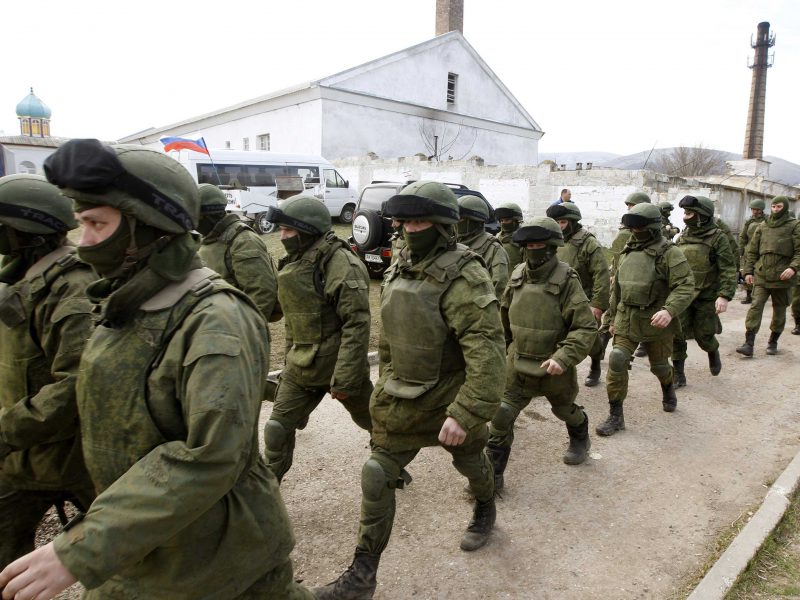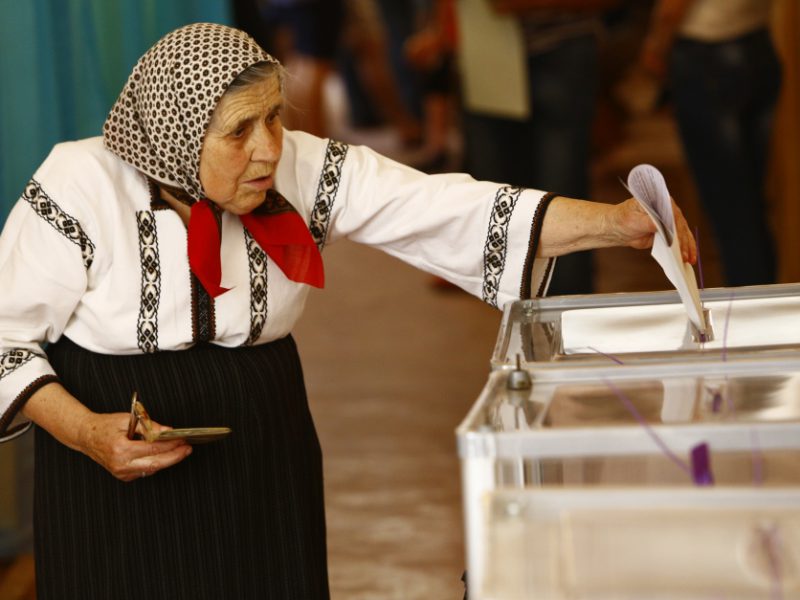Europe takes a new step towards reducing energy dependence
- Politics , Economy , Analysis , Environment
Three documents issued by the European Commission on 25 February 2015 aim to advance work on the Energy Union, a project figuring prominently on the Juncker Commission’s agenda. It is hoped that the proposed actions will help diversify Europe’s energy sources and turn the EU from the world’s largest energy importer to the world’s leader in renewable energy production.


